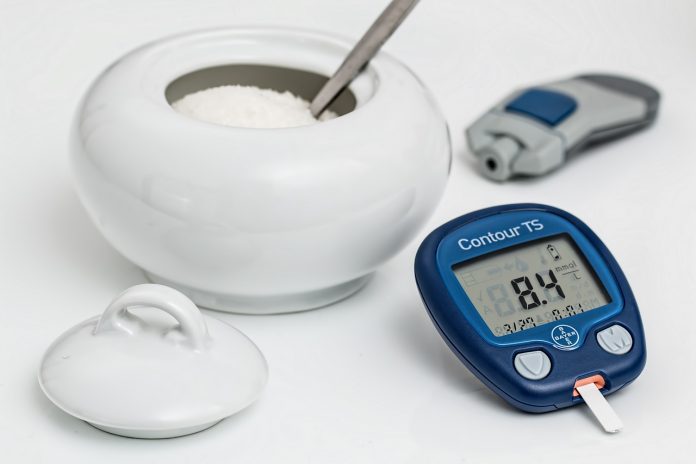
I have been recently diagnosed as prediabetic on October 18. I gave up sugar that day. My next appointment was December 17. My fasting blood sugar went from 123 to 106 milligrams percent. My A1c was 6.1. It had not been measured before so that was with only 2 months of no sugar etc. I lost 10 pounds in those 2 months.
My question is, can I eat fruit? And should I be counting my total carbs in food or sugar? Or both? How many total carbs can I have in a day?
My age is 69. I have now lost 15 pounds.
Thanks
Congratulations on lowering your blood sugar. You are a perfect example of the effect of reducing added sugar you eat and your weight can have on lowering your blood sugar leading to a reduced risk of diabetes.
Continue eliminating sugars especially from carbonated beverages and sugar added to foods as well as losing weight if you are not at a healthy weight for your height. This will help your A1c (glycosylated hemoglobin) drop even further. Read food labels for added sugars in packaged and bottled foods as well as carbohydrate grams.
Yes, you can eat fruit – fresh, 100% juice, dried, and canned in 100% fruit juice. Make sure your serving size of fresh fruit is about the size of a tennis ball where you can bend your fingers around the fruit in the palm of your hand. Carbohydrate grams in 100% fruit juice, dried, and canned fruit should be listed on the package food label as well as the grams of carbohydrate.
Diabetes nutrition therapy uses carbohydrate counting. Every 15 grams of carbohydrate in a food (bread, pasta, rice, and starchy vegetables like potatoes, corn and peas, milk, yogurt, and fruit) counts as 1 carbohydrate serving. Non-starchy vegetables like green beans, carrots, and beets (5 grams carbohydrate per serving) don’t count unless you eat 3 servings then you would count the 3 servings of non-starchy vegetable as 1 carbohydrate serving. There are no carbohydrates in meat or fat tho you can’t eat unlimited amounts or you will gain weight.
Depending on your weight goals, you can eat 2-3 carbohydrate servings at meals and 1-2 carbohydrate serving at a snack either mid-afternoon or evening. Space your meals around 4-5 hours apart to help even out your blood sugar. Snacks can be 2 – 3 hours after a meal.
If you want an idea of how many calories you need to achieve your weight goals, try my Healthy Body Calculator®. You can choose to lose 1 or 2 pounds per week if you need to lose additional weight. Then copy your Calorie goal result to my HELP Healthy Eating for Life Plan® to create a personalized eating plan so that you can implement your goals. HELP will spread carbohydrates throughout the day. From your healthy eating plan, you can create menus. There is a small database of foods linked to your eating plan to guide you in creating menus.
Since you have been diagnosed with prediabetes, I would ask your doctor for a referral to see a dietitian which should be covered by your health insurance. Start off with a thorough educational session and eating plan to achieve your blood glucose control and lower your risk of developing Type II diabetes which would require oral medication to reduce your blood sugar closer to normal ranges if food changes alone are not successful. Talk to your dietitian about setting a goal of A1c less than 6.0. Also talk to your dietitian about exercise.
I would also recommend you buy a blood glucose monitor (usually covered by health insurance when prescribed by your doctor) so that you can monitor your fasting blood sugar daily as well as 2 hours after meals. This would provide more frequent monitoring than every 2 to 3 months laboratory results.
BTW your A1c is the result of carbohydrates you have eaten over the last 3 to 4 months. When you eat carbohydrates and they are absorbed, they attach to your red blood cells. Since red blood cells live 120 days, your A1c reflects how much glucose has attached to your red blood cells over the last 4 months. Whereas your blood glucose reflects how much glucose is in your blood at that moment. Your blood glucose varies over the day and can double after a meal depending on the amount of carbohydrate in the meal.


